One time back in college I had a phone interview with Blackrock. The asset management firm that every finance major wanted to work for (and I suppose still does). Yet, for some reason when I picked up the phone and the person on the other end of the line said, “Hi, this is Ryan for Blackrock”, my mouth blurted out, “Shut up, dad! This is a prank”. And when the person insisted that he was, in fact, from Blackrock, I told him to shut up, again.
I did not get the job.
That’s not what this article is about. This article is about the millions of women out there who will never get the chance to make fools of themselves on interviews, because they aren’t given the opportunity to go on them.
When women aren’t allowed to fully participate in their own economies, it not only perpetuates social bias and bars them from a host of opportunities, but it contributes to the cycle of poverty for their communities.
Below are the top 8 reasons that impact a woman's ability to get a job:
1.) Access to education
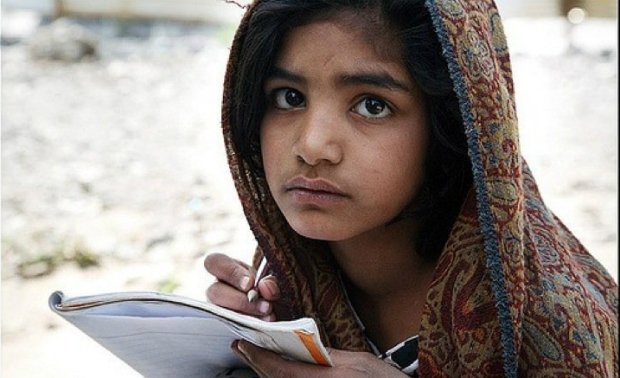
The ability to access a basic education is not only a fundamental right, but the main driver of employment and economic improvement for women (and men!). Education accounts for up to one-third of the increase in female employment, as it provides necessary skills for thriving outside the home. Also, for every additional year of schooling a woman completes, her future salary increases by 10-20%! Which leads me to my next point...
2.) Wages
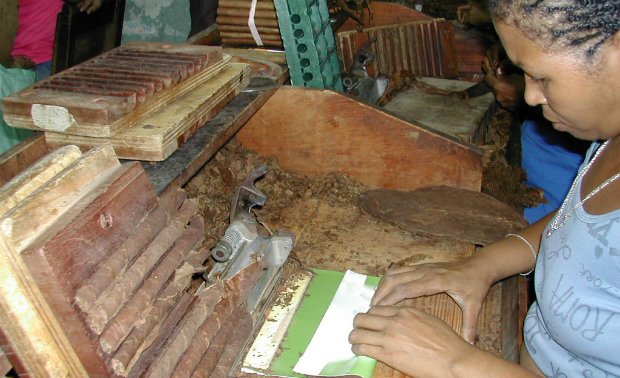
We’re all familiar with the statistics at this point. Women across the board are paid less than men, no matter how you cut it, in rich countries and poor. When great enough, this pay gap keeps women from pursuing work. Because women spend so much time keeping their households and communities from falling apart, a women will only choose to work outside the home if her wage makes it worthwhile. When they aren’t given equal pay or allowed to hold higher paying jobs that their male counterparts are allowed, women voluntarily take themselves out of the labor market.
3.) Fertility rates
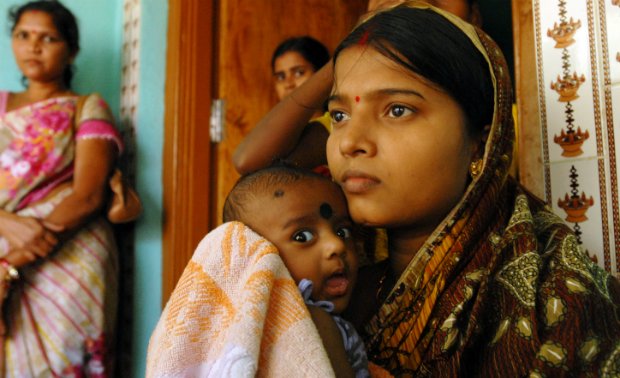
I can theoretically imagine going back to work after having a child. Even after having two children. But imagine my husband makes $1.25 a day and I’ve got 4 kids to take care of. No matter how much I may want to be a nurse or teacher, I ‘aint leaving the house. For every child a woman has, it significantly decreases her likelihood of working and that reduces the average number of years she spends in the labor force. This is why access to contraceptives and family planning services are so important.
4.)Violence
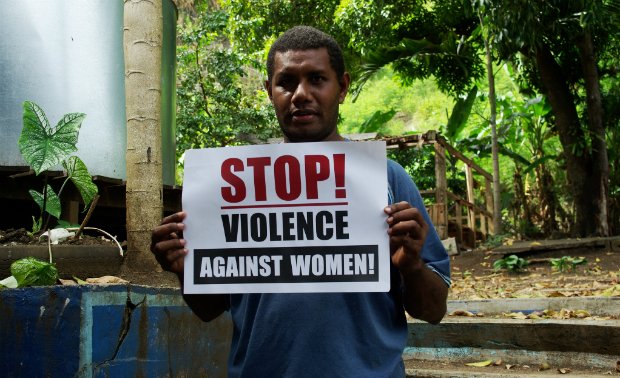
1 in 3 women worldwide have been sexually, physically or psychologically abused in their lifetime. The majority of this abuse occurs in the home or workplace. Dozens of countries do not have laws on domestic violence. Prioritizing women’s protection from violence not only helps shield them from a life of fear and suffering, but allows them to pursue economic opportunities.
5.) Women’s freedom to pursue a profession
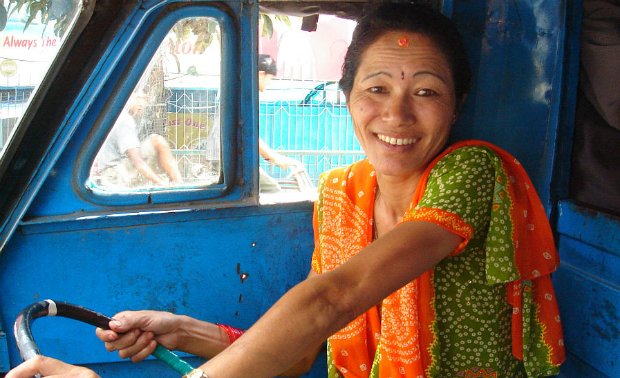
In 15 countries, husbands can flat out prevent their wives from working. In 79 economies, there are laws that prevent women from doing specific jobs. If it wasn’t so infuriating, these lists would almost be funny in their ludicracy. In Russia, for example, a woman can not hold a job as a: agricultural truck driver, woodworker, installer of antennas in high places, controller of speed train wagons (and on, and on, and on…). Ugh.
6.) Equal property rights
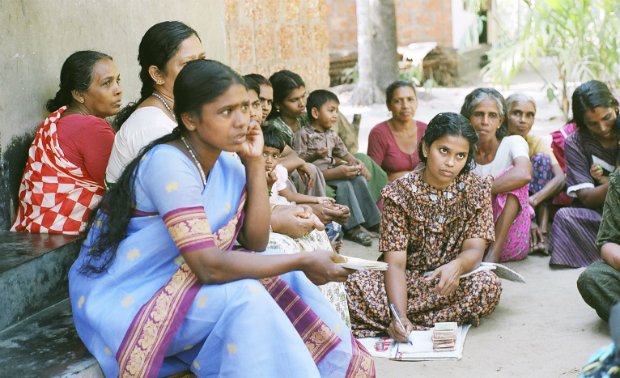
In many countries, women are not allowed to own property. This is problematic particularly when trying to get a loan, whether it be for starting a business or for emergency medical expenses. Often in developing countries, a borrower must use real estate as collateral for a loan, but because women can not officially own property, they can never get one! As such, even if a woman is able to start a business, she is unable to grow it to the extent a man can.
7.) Equal inheritance rights for sons and daughters, husbands and wives

A woman can spend her entire life working on a family property she will never be allowed to own or pass on to her children. Enough said.
8.) Right to sign a contract or open a bank account
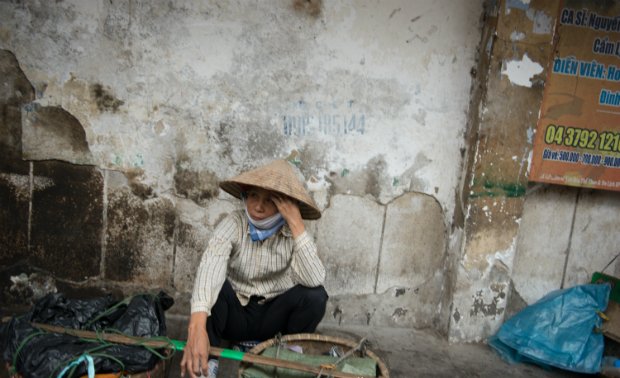
Likewise, women can be forbidden from opening their own bank accounts or signing important documents. It goes without saying that without this ability, women are relegated to the underbelly of the economy, often taking the worst of professions and getting paid virtually nothing, or foregoing the pursuit of a profession entirely.
Addressing core systemic issues such as protecting women from violence, increasing their access to education and family planning services, and tackling unfair laws and policies that directly exclude them from pursuing work will allow women to become full household and economic decision-makers. When women are empowered and given the opportunity to assume these roles, their families and communities are all lifted out of poverty.
Sign the petition in TAKE ACTION NOW to protect the rights of girls and women around the world today and make sure these people get the opportunities we all deserve.